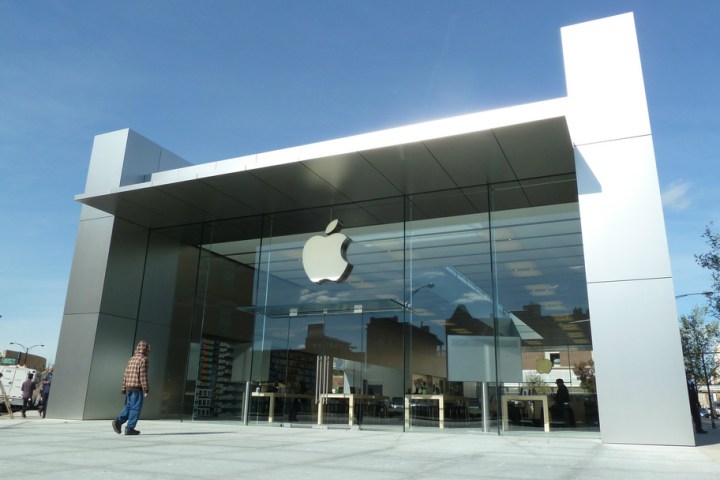
The current payment program requires streaming providers to pay songwriters and publishers between 10.5 percent and 12 percent of their overall revenue. The exact percent paid is based on a complex formula that has been criticized by musicians. After the percentage is determined, payment is split into public performance and mechanical royalties that are paid to collecting societies and publishers.
Apple’s proposal would make this process much more simple and easy to understand. In its filing, Apple states that the Cupertino company would like to see a plan approved that is, “fair, simple and transparent, unlike the incredibly complicated structure that currently exists,” according to Billboard. Apple suggests a payment of $0.00091 per stream, which equates to 9.1 cents for every one hundred streams.
Apple did not simply pull that amount from the air, as it is based on payments for downloads. In fact, the payment for one hundred streams would be the same as the payment for one download under the company’s proposal. Apple’s plan would continue to allow publishers to collect mechanical royalties and allow collecting societies to obtain public performance royalties.
Complicated or not, the current plan is a better model for companies like Spotify and YouTube, which offer free streaming and pay royalties based on revenue. These companies’ plans generate less revenue than a paid service, and moving to a fixed payment tier would greatly increase the cost to continue offering free streaming. Apple’s proposal is hanging on a decision and if approved, could take some time to put into play.


